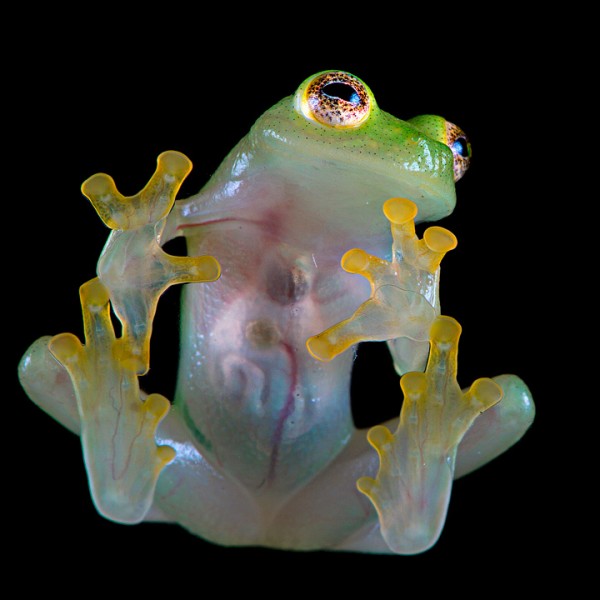It is a fact that there are ten times as many microbial inhabitants of the human body than there are cells. These microbes live in different parts of the body and have different jobs to perform. The microbes that live in your gut, for instance, enable you to properly digest and absorb nutrients from the food you eat. Disruption in the proper activity of these microbiome (the microorganisms in a particular environment including the body or a part of the body) has been associated with the the development of many kinds of autoimmune diseases, including diabetes and fibromyalgia.
Microbes of the body:
Microbes start to colonize the human body from the moment of birth. An individual's microbiome changes in number and type throughout his or her lifetime, with the numbers of species increasing from birth to adulthood and decreasing in old age. These microbes are unique from person to person and can be impacted by certain activities, such as hand washing or taking antibiotics. Bacteria are the most numerous microbes in the human microbiome. The others are; archaea, fungi, protists, and viruses. The human microbiome also includes microscopic animals, such as mites. "These tiny arthropods typically colonize the skin, belong to the class Arachnida, and are related to spiders." So how about that?! It's no wonder I like people so much....
Skin Microbiome:
Human skin is populated by a number of microbes that reside on the surface of the skin, as well as within glands and hair. Since human skin is in constant contact with the external environment, it serves as the body's first line of defense against potential pathogens. The ecosystem of the skin is very diverse, with different types of skin surfaces, acidity levels, temperature, thickness, and exposure to sunlight. As such, microbes that inhabit a particular location on or within the skin are different from microbes from other skin locals. For example, microbes that populate areas that are typically moist and hot, such as under the arm pits, are different from microbes that colonize the drier, cooler surfaces of the skin found in areas such as on the arms and legs. Commensal microbes that typically inhabit the skin are: bacteria, viruses, fungi, and animal microbes like the mites I mentioned earlier.
Microbiome of Your Gut:
The human gut microbiome is diverse and dominated by trillions of bacteria with as many as one-thousand different bacterial species. WOW! These microbes thrive in the harsh conditions of the gut and are heavily involved in maintaining healthy nutrition, normal metabolism, and proper immune function. Gut microbiota composition is unique to each person and does not stay the same. It changes with factors such as age, dietary changes, exposure to toxic substances (antibiotics), and changes in heath. Changes in the composition of commensal gut microbes has been associated with development of gastrointestinal diseases such as inflammatory bowel disease, celiac disease, and irritable bowel syndrome. The vast majority of bacteria (around 99%) that inhabit the gut come primarily from two phyla: bacteroidetes and firmicutes. Other bacteria found in the gut are
archaea, fungi, and viruses.
Mouth Microbiome:
The microbiota of the human mouth number in the millions. And, like other areas of the body, include archaea, bacteria, fungi, protists, and viruses. Most of these microbes are helpful, preventing harmful microbes from colonizing the mouth. But some have been known to become pathogenic in response to environmental changes. Bacteria are the most common of the oral microbes. Oral microbes often work with one another to benefit the microbes involved. Sometime these relationships can be detrimental to the host...which is you...and can cause things like plaque and tooth decay.
So while taking care of the ecosystem in nature is important to health and well-being of all living things, it is equally important to take care of your internal ecosystem. Doing so, helps the "good guys" keep the "bad guys" at bay. This in turn, will keep you feeling and and functioning better throughout your lifetime.
Now isn't it time to go eat some yogurt? And then remember to brush your teeth.

 RSS Feed
RSS Feed